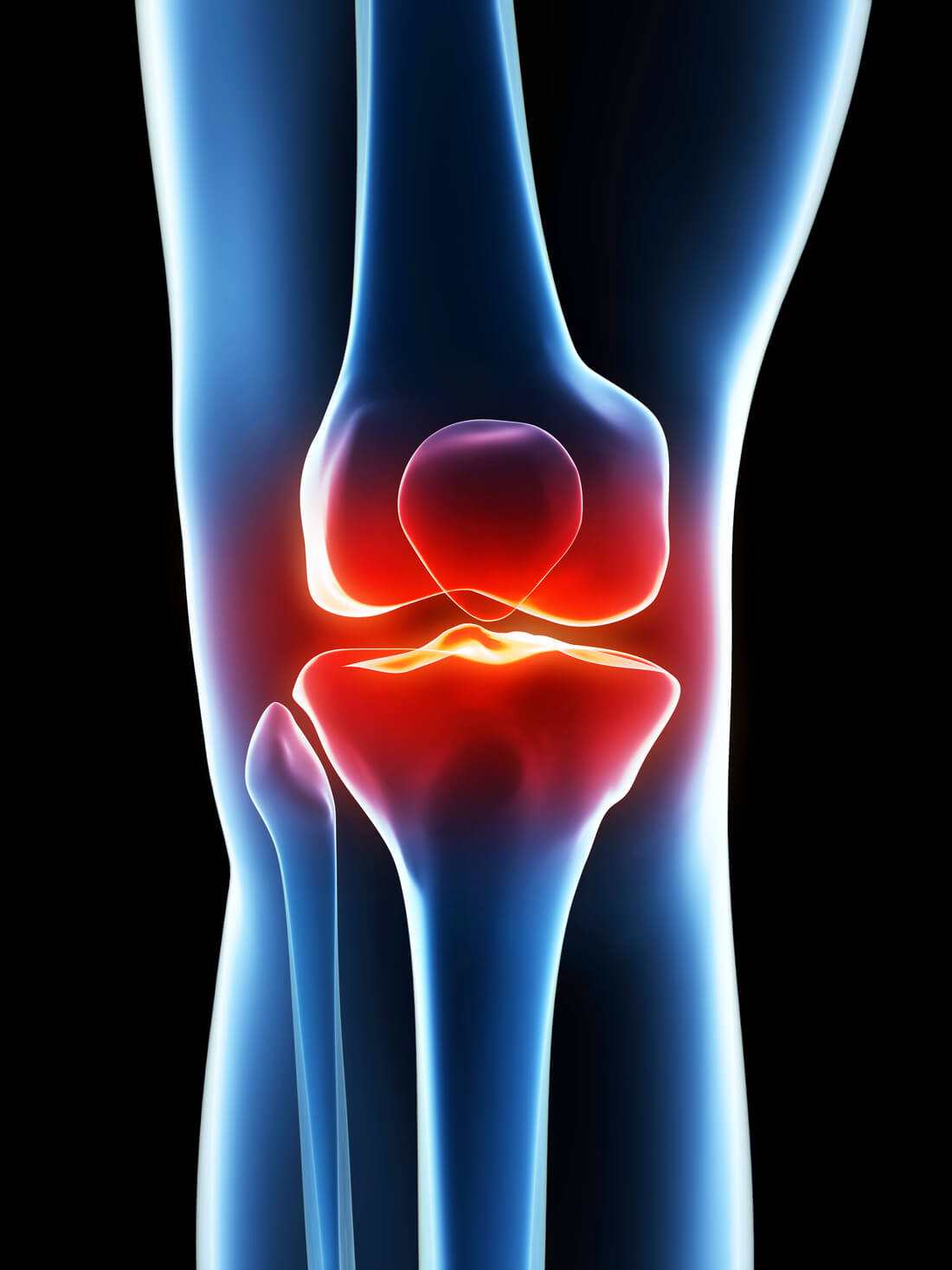Transform Your quality of Life with a new knee

Prices starting from £9,430
What is knee replacement surgery?
Knee replacement is a surgical procedure that involves replacing the damaged or worn-out knee joint with an artificial joint.
What is the recovery time for knee replacement?
The recovery time for knee replacement varies for each individual, but most people can expect to resume normal activities within 3 to 5 weeks, with physiotherapy.
Who is a candidate for a knee replacement?
Candidates for knee replacement are individuals who have severe knee pain and disability that affects their daily activities and quality of life.
What are the risks and complications?
Risks and complications of knee replacement include infection, blood clots, and nerve damage, however, these are very rare.
How long does a knee replacement last?
A knee replacement can last for 15 to 20 years or more with proper care and maintenance.
How can I contact you for more information?
You can click on this link to contact us so we can arrange a consultation.
More Information:
Benefits of Knee Replacement Surgery
Knee replacement surgery, or knee arthroplasty, is a procedure where a damaged or worn-out knee joint is replaced with an artificial one. The surgery offers several significant benefits, particularly for individuals suffering from severe knee problems:
- Pain Relief:
- The most significant benefit is the relief from chronic knee pain, which can be debilitating and interfere with daily life. Post-surgery, many patients experience a substantial reduction or complete elimination of knee pain.
- Improved Mobility and Function:
- The surgery can restore mobility, making it easier to walk, climb stairs, and engage in daily activities without pain or stiffness. It can also improve the knee’s range of motion.
- Enhanced Quality of Life:
- With reduced pain and increased mobility, patients often enjoy a better quality of life. They can return to activities they once found too painful, including exercise, hobbies, and social activities.
- Long-Lasting Results:
- Modern knee replacements are designed to be durable, typically lasting 15-20 years or more, depending on factors like activity level and overall health.
- Correction of Deformities:
- Knee replacement can correct deformities in the knee joint, such as bow-legged or knock-kneed conditions, leading to better alignment and stability.
- Reduced Need for Pain Medication:
- After recovery, many patients find they no longer need strong pain medications, which can have side effects and pose risks, such as dependency.
- Increased Independence:
- Many patients regain their independence after knee replacement surgery, as they are no longer limited by pain and can perform daily tasks without assistance.
- Better Sleep and Mental Health:
- With reduced pain and discomfort, patients often experience better sleep and a positive impact on their mental health, reducing stress, anxiety, and depression related to chronic pain.
Symptoms Indicating the Need for Knee Replacement
Knee replacement may be recommended for individuals experiencing severe knee joint problems. Symptoms that could indicate the need for knee replacement include:
- Severe Knee Pain:
- Persistent pain in the knee that doesn’t improve with rest, medication, or other conservative treatments.
- Pain may be felt during movement or even at rest, often disrupting sleep.
- Limited Mobility:
- Difficulty walking, bending, or performing everyday activities due to knee stiffness and pain.
- Patients may develop a noticeable limp or rely on a cane or walker for support.
- Knee Stiffness:
- Stiffness in the knee joint, especially after periods of inactivity, such as getting up from sitting or lying down, making it difficult to move the knee freely.
- Reduced Range of Motion:
- A significant decrease in the ability to move the knee joint through its full range of motion, making activities like climbing stairs or getting up from a chair challenging.
- Swelling and Inflammation:
- Chronic swelling and inflammation around the knee, often accompanied by warmth or redness, indicating joint damage or underlying conditions like arthritis.
- Grinding or Clicking Sensations:
- A sensation of grinding, clicking, or catching in the knee joint, which can indicate worn-out cartilage or bone-on-bone contact.
- Knee Deformity:
- Visible deformities in the knee, such as bowing or knock-knees, which can worsen over time and contribute to pain and mobility issues.
- Failed Conservative Treatments:
- When non-surgical treatments such as physical therapy, anti-inflammatory medications, corticosteroid injections, or lifestyle modifications fail to provide adequate relief.
- Severe Arthritis:
- Advanced osteoarthritis, rheumatoid arthritis, or other degenerative joint diseases that have caused significant joint damage, visible on X-rays or other imaging studies.
Knee replacement surgery is a major procedure, but for those suffering from severe knee pain and dysfunction, it can offer significant relief and dramatically improve the quality of life. A thorough evaluation by an orthopaedic surgeon is essential to determine if knee replacement is the best option based on the individual’s specific symptoms and overall health condition.
